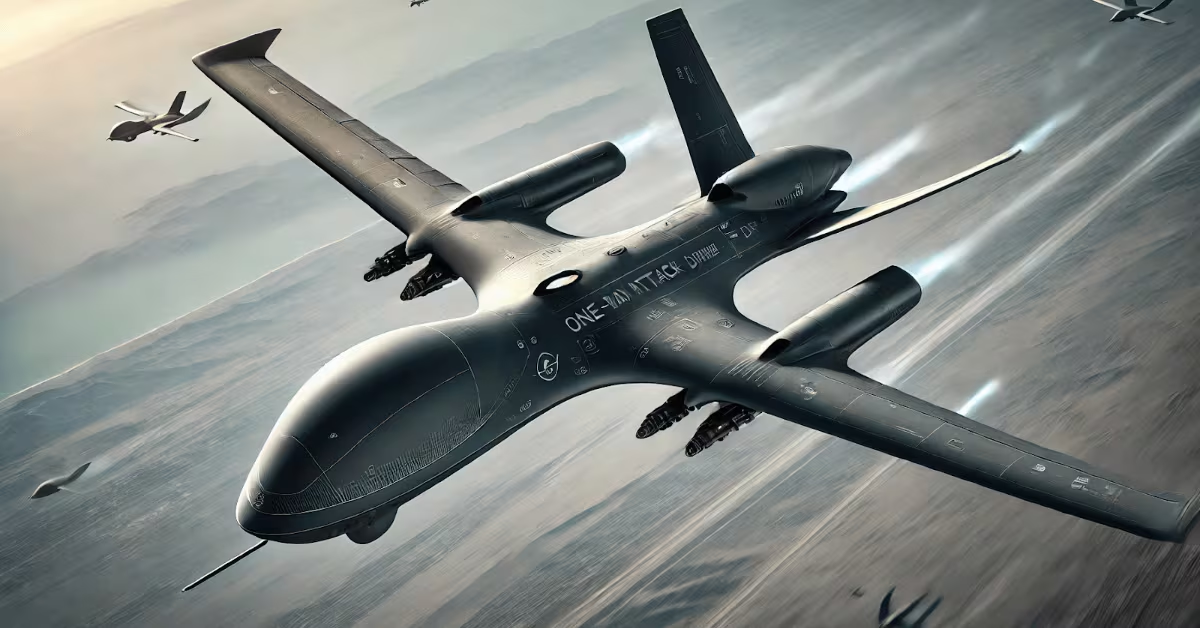PARIS – France and Australia yesterday signed a treaty for sharing classified information, a bilateral agreement aimed at supporting work on the Future Submarine Program, the two countries said Thursday.
"The agreement will directly support the delivery of the Future Submarine Program and will further enable greater cooperation on a range of national security matters," the French defense ministry and Australian Attorney General's office said in a joint statement.
Defense minister Jean-Yves Le Drian and Attorney General George Brandis signed the agreement, which sets out "mechanisms and safeguards to enable the sharing of classified information," the partner nations said.
The agreement covers classification and information handling, recognition of personnel and facility security clearance. Responsibility is also assigned where contractors work on projects based on classified information.
"This intergovernmental agreement constitutes a significant milestone in the development of a strategic partnership between France and Australia," the nations said.
For Paris, the agreement with Canberra strengthens a French economic interest in the Pacific as the New Caledonia overseas territory is a major nickel producer, a French naval officer said. The pact also boosts France's geopolitical stake in the key Asia-Pacific region, which is unusual for a European and NATO nation.
Australia picked DCNS in April for exclusive negotiations for design and construction of the Future Submarine Program, worth AU$50 billion (US$37 billion) over 50 years. The French state-owned company is expected to win a share of some €8 billion, or US$ 8.5 billion, Reuters reported.
DCNS won the international tender which drew rival bids from Germany and Japan. Canberra selected Lockheed Martin as combat system integrator for the DCNS Barracuda Shortfin 1A. Thales, which holds 35 percent of DCNS, will work on the program through its Australian subsidiary.
Australia aims to build in Adelaide the 12 ocean-going attack submarines, which will be maintained over 50 years and support some 2,800 Australian jobs. DCNS estimates work on the Australian boats will support some 4,000 French jobs.








